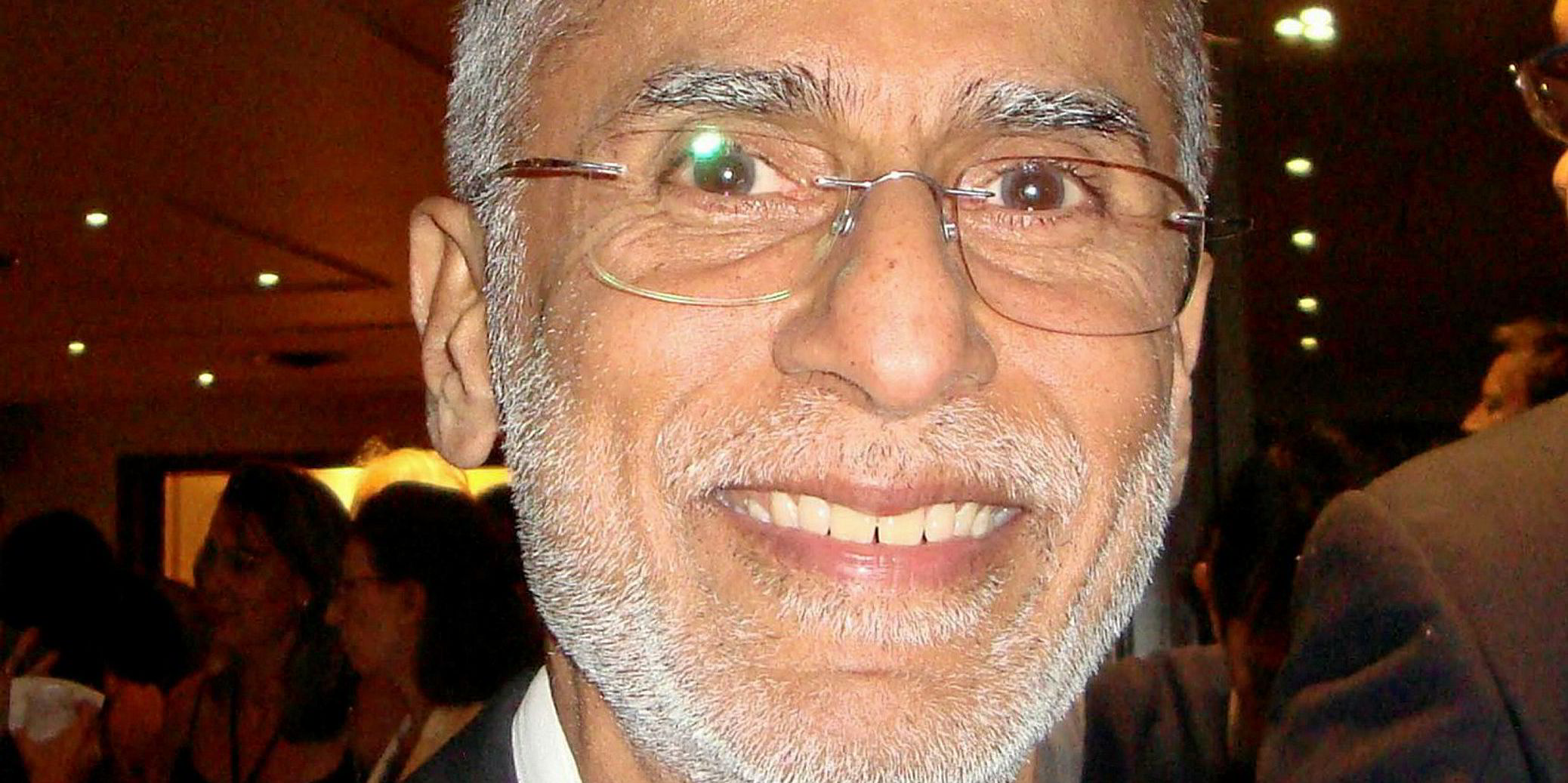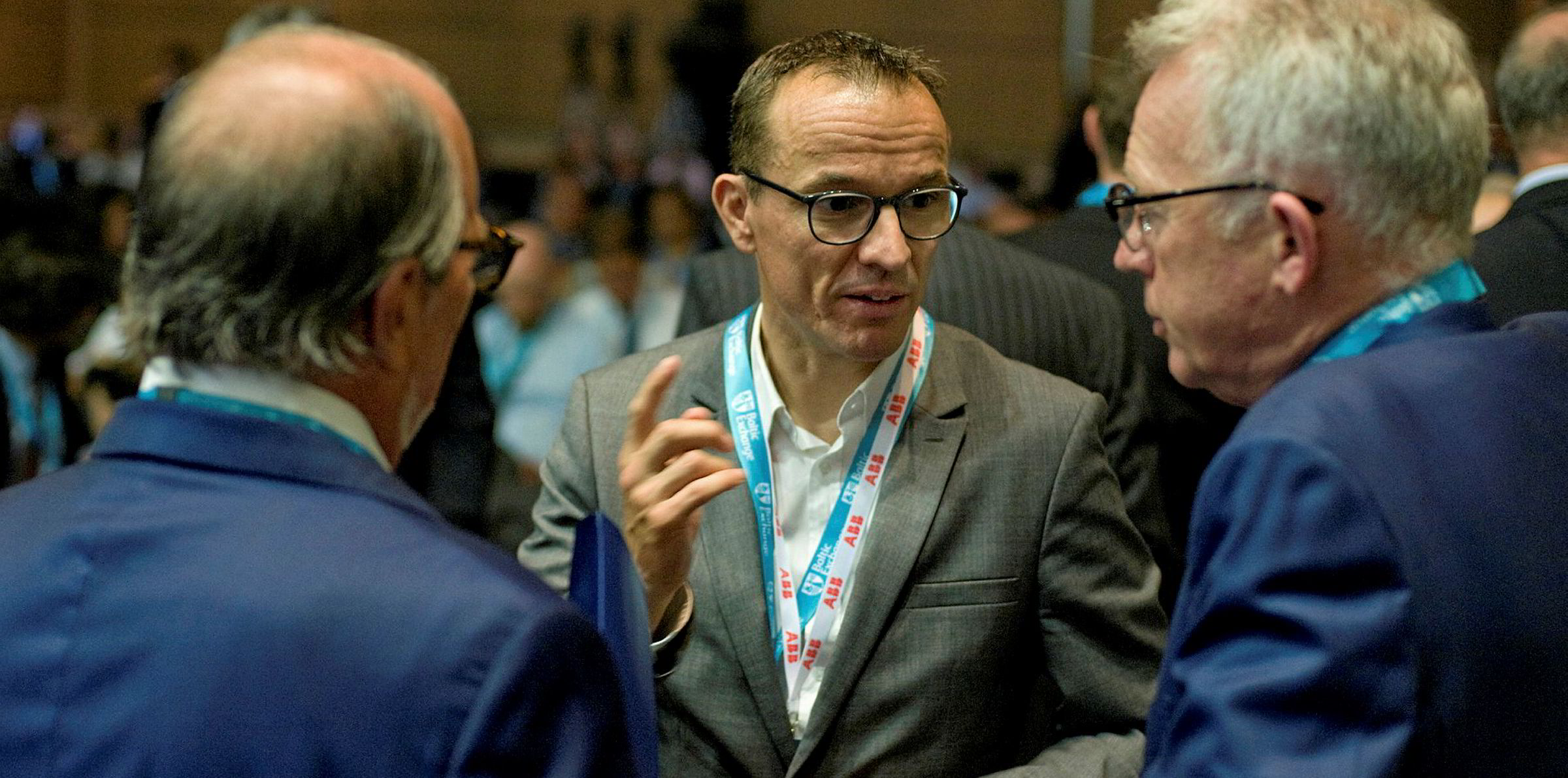Reduced dry bulk scrapping is threatening to cause extreme market volatility and delay the sector’s recovery, a top Asian shipowner has warned.
“Negative sentiment has started to dissipate from the market resulting, unfortunately, in ship-owners refusing to scrap their older ships,” said Precious chief executive Khalid Hashim.
The Bangkok-based shipowner said this has allowed an overall net fleet growth of 2.27% in the first nine months of this year.
“If scrapping doesn’t accelerate, the BDI will continue to remain very volatile, solely dependent on what the demand side does,” said Hashim.
“Shipowners are not helping their cause by not scrapping ships, making the recovery in 2018 to 2020 slower, extremely volatile, and totally dependent on demand continuing to outperform.”
Hashim made the comments as Precious Shipping reported another profitable performance for the third quarter.
The ultramax and supramax specialist made a net profit of $3.25m against the loss of $5.2m seen 12 months earlier.
Precious said average earnings per day per ship during the third quarter came in at $11,239, 20% higher than that in the same quarter in 2017.
During the quarter, Precious said its handysize bulkers earned an average of $10,267 per day, outperforming the Baltic Handy Size Index (BHSI) rate by 24.4%.
However, its supramax bulkers only averaged $10,973 per day, which meant it underperformed the Baltic Supramax Index (BSI) rate by just over 5%.
Average daily operating costs per ship were $4,695, which was higher than the shipowner’s target of $4,500 and also higher than the actual year-ago figure.




